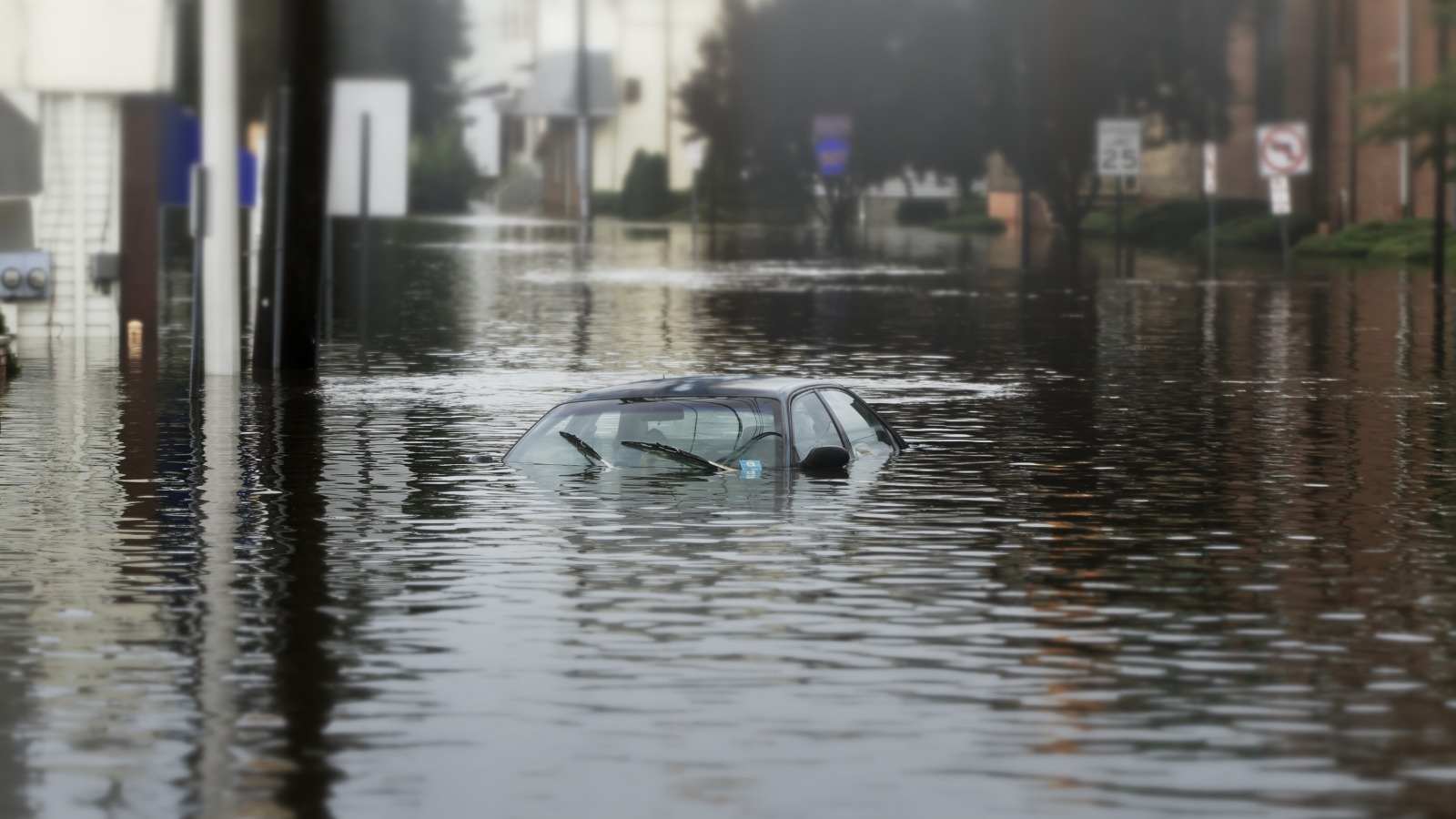As if beaches weren’t already scary (think: Shark attacks! Seagulls swooping in to snatch a sandwich from your hands! And [gulp] beach body season!), you may have heard that climate change is ushering in even greater terrors. We’re talking intense hurricanes, tidal flooding, and sea-level rise of three or four feet by 2100.
And people may already be responding to the planet’s not-so-subtle signals that coastal areas may not a safe place to live in the future. According to a new study from Environmental Research Letters, population growth patterns have indicated a slight distribution away from coastlines. The share of population that lives 124 miles from the coast has decreased slightly in recent years, from 52 percent in 1990 to 51 percent in 2010.
Wait! One percentage point may be a subtle change, but it’s likely contrary to what you’ve heard before, since there’s a common understanding that people are actually moving toward the coasts. And on a global scale, many more people live in coastal areas today than in the past — about five times as many as in 1900, Fast Company reports.
Humans have historically been drawn to coasts, and that’s for good reason. Life near the sea has a lot to offer: food, jobs, and the occasional orca sighting. But eventually, the coastally inclined might find themselves in a bit of a salty pickle if they don’t move further inland. The ocean is all too eager to move into beachfront properties and turn living rooms into giant aquariums.



